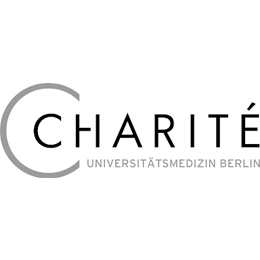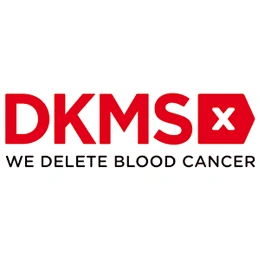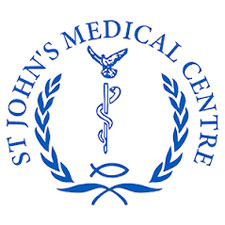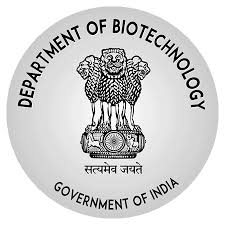Research Summary
Monitoring measurable residual disease (MRD) is a cutting-edge aspect of cancer care management. Advanced, state-of-the-art technologies are being employed to develop MRD assays for various cancers. Across the country, flow cytometry-based MRD monitoring is the standard for Acute Lymphoblastic Leukemia (ALL) and is used for risk stratification of ALL patients.
The PReDiCT Lab at TTCRC is dedicated to personalizing MRD tracking for ALL patients, aiming to evaluate disease burden after each treatment phase. Having earned the accreditation from EuroMRD, our lab has achieved a significant milestone by establishing an innovative assay that revolves around immunoglobulin (Ig) and T-cell receptor (TCR) rearrangement, employing a quantitative PCR methodology. This innovative approach surpasses the conventional flow cytometry-based monitoring, exhibiting heightened sensitivity in quantifying residual disease among a homogenously treated patient cohort, in both frontline and relapsed protocols. However, to overcome challenges related to turnaround time, labour intensity and affordability, the team is vigorously transitioning toward a high-throughput MRD detection system based on next-generation sequencing.
Research Projects
Ongoing Projects:
- Prospective MRD monitoring by Ig/TR gene rearrangement for risk stratification in Acute Lymphoblastic Leukaemia (ALL) patients at Tata Medical Center
- Studying the impact of bilateral bone marrow sampling for monitoring MRD in ALL
- Establishing HemaTrack-ALL a robust, reproducible, highly sensitive next generation assay for the detection and quantification of minimal residual disease in acute lymphoblastic leukaemia
Upcoming Projects:
- Multicentre study for comparative evaluation of HemaTrack-ALL with flow cytometry based MRD detection for children with acute lymphoblastic leukaemia (ALL)
News

12th European Scientific Foundation for Laboratory Hemato Oncology (ESLHO) Symposium,2023 in Salamanca,Spain,Attended by Dr. Aishwarya Dighal and Sreyasree Dhar
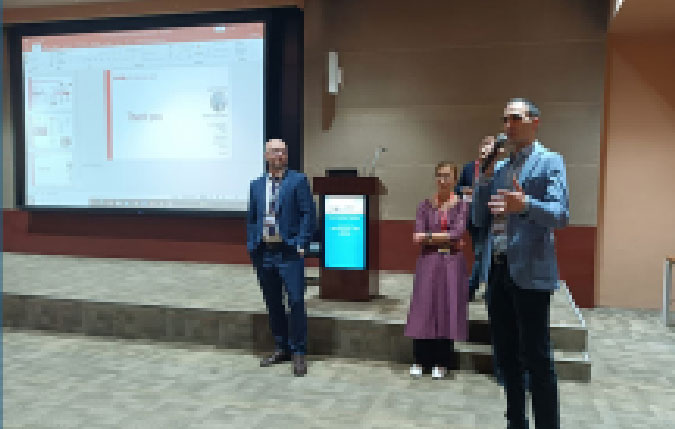
Standardising and Optimising MRD and Genetic Diagnostics in All, January 2024, Tata Medical Center Kolkata, Guest Speakers: Dr. Cornelia Eckert, Dr. Vinzenz lange, Dr. UIf Peter Guenther
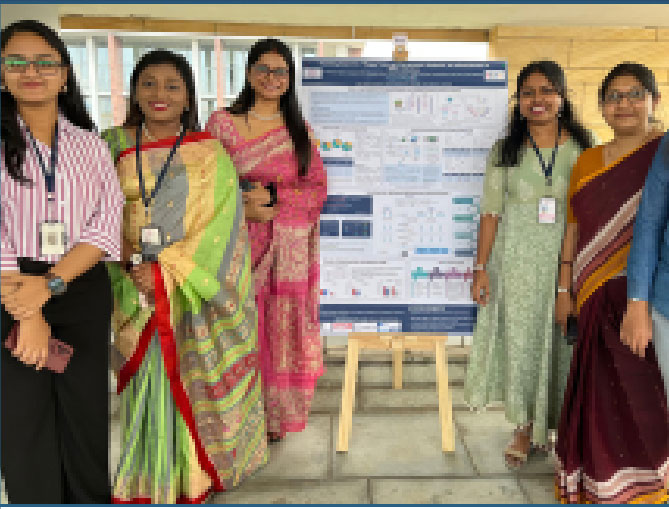
PReDiCT Team at Annual Review, 2024 Tata Translational Cancer Research Center, Kolkata
-
Training at DKMS Life Science Lab, Dresden,Germany in November 2023 : Sreyasree Dahar
-
Training at University of Charity, Berlin, Germany November 2023 : Dr. Aishwarya Digal
-
Oral Presentation at 64th Haematocon Conference,2023 : Dr. Pritha Dasgupta
-
HemaTrack-ALL a robust,reproducible,highly sensitive next next generation assay for the detection and qualification of minimal residual disease in acute lymphoblastic leukemia: Founded by DBT,India(1.76 Cr),April 2024




